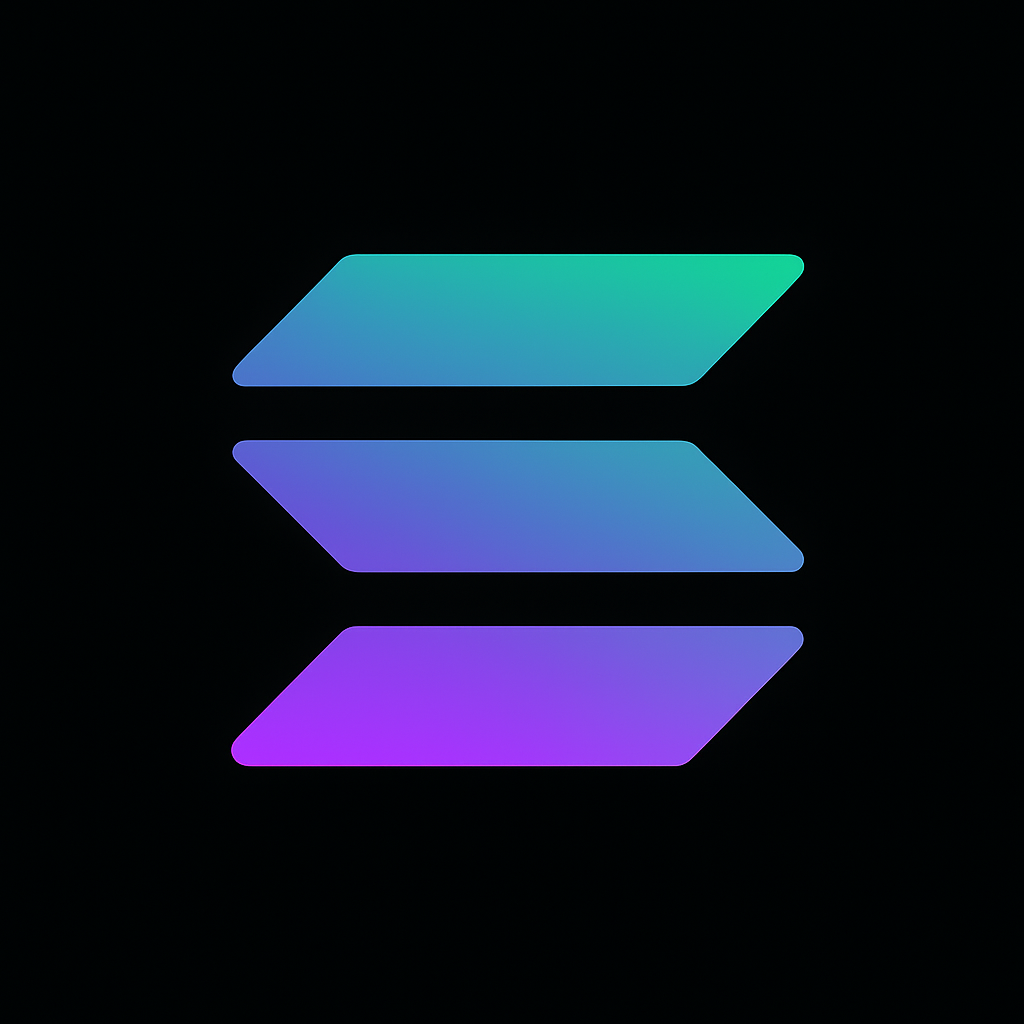EU Crypto Tax Guide (MiCA & DAC8 — Neutral Overview)
This page summarises the EU’s regulatory context for digital assets — including MiCA and the forthcoming DAC8 reporting updates — and explains how wallet hygiene helps maintain clear, private, and compliant records.
1) MiCA & DAC8 in brief
MiCA (Markets in Crypto‑Assets Regulation) creates an EU‑wide framework for crypto‑asset service providers and certain tokens (e.g., e‑money tokens, asset‑referenced tokens). DAC8 is an update to the EU’s administrative cooperation rules that will expand information‑sharing on crypto‑assets for tax purposes across Member States.
This guide is informational only — not legal or tax advice. Always check official EU and national guidance, or consult a qualified adviser.
2) What DAC8 aims to cover
Wider reporting scope
Crypto‑asset service providers operating in the EU may be required to report user information and transaction data to tax authorities.
Cross‑border exchange
Member States will exchange reported information to reduce mismatches and improve compliance.
Alignment with global standards
DAC8 is intended to work alongside international transparency frameworks such as the OECD’s Crypto‑Asset Reporting Framework (CARF).
Exact implementation and timelines can vary by Member State; always rely on official publications for specifics.
3) Why wallet hygiene helps (without reducing compliance)
- Organised records: Separate wallets for investing, trading, DeFi, NFTs, and income make reconciliations simpler.
- Private structure: Use SolanaBlender to route funds between roles without exposing every link publicly, while keeping internal logs for your accountant.
- Error reduction: Cleaner flows reduce double‑counting and improve cost‑basis tracking.
4) A simple EU‑friendly wallet structure
- Long‑term holdings: separate from active operations.
- Operational wallet(s): for active trading/DeFi/NFT activity.
- Income wallet: for staking rewards, affiliate payouts, or creator income.
- Periodic cleaning: consolidate or re‑fund via SolanaBlender to keep roles distinct while maintaining private records of hops.
5) Official resources
- European Commission — MiCA
- European Commission — DAC8 (Administrative Cooperation)
- OECD — Crypto‑Asset Reporting Framework (CARF)
Member States may publish their own guidance and timelines; always consult local tax authority pages for the latest details.
Explore related guides: UK (HMRC) · U.S. (IRS) · Privacy Hubs
 SolanaBlender
SolanaBlender